by
Jacqueline Spafford and Mark Hinchman, SAHARA Co-Editors | Oct 11, 2022
Past Highlights have featured museums from North America and the Middle East. This month we look at a small sample of museums in England, Scotland, Ireland, and Wales. These vary from open-air museums looking into the Bronze Age past, the Tudor era, and more; the neo-Gothic monuments of the 19th century; and innovative modern permanent and temporary designs, often incorporating or expanding earlier structures.
Now that we are able to visit museums in person again, we hope SAH members will continue to document their travels and share their photography on SAHARA.
To see more SAHARA content: sahara.artstor.org/#/login
To learn more about contributing, visit: sah.org/sahara
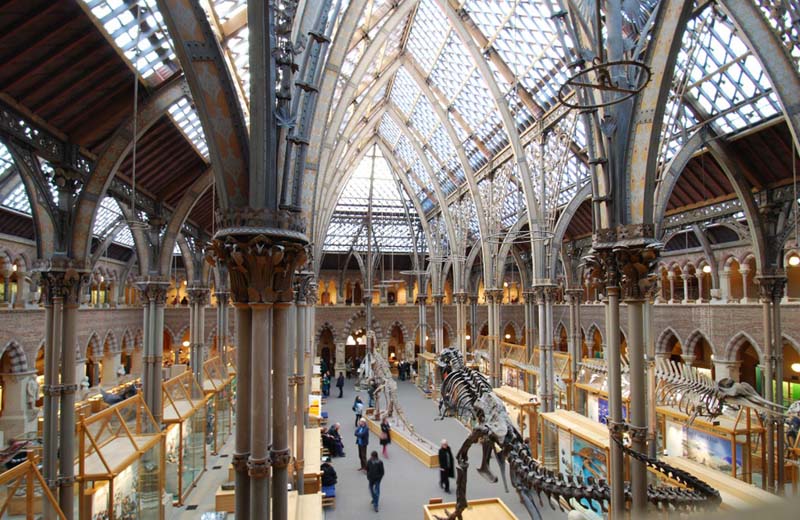
Thomas Newenham Deane and Benjamin Woodward, the Museum of Natural History, University of Oxford, Oxford, England, 1853–60. The museum is a prime example of neo-Gothic architecture which relied on cast iron for columns. Photograph by Michael J. Waters, 2010.
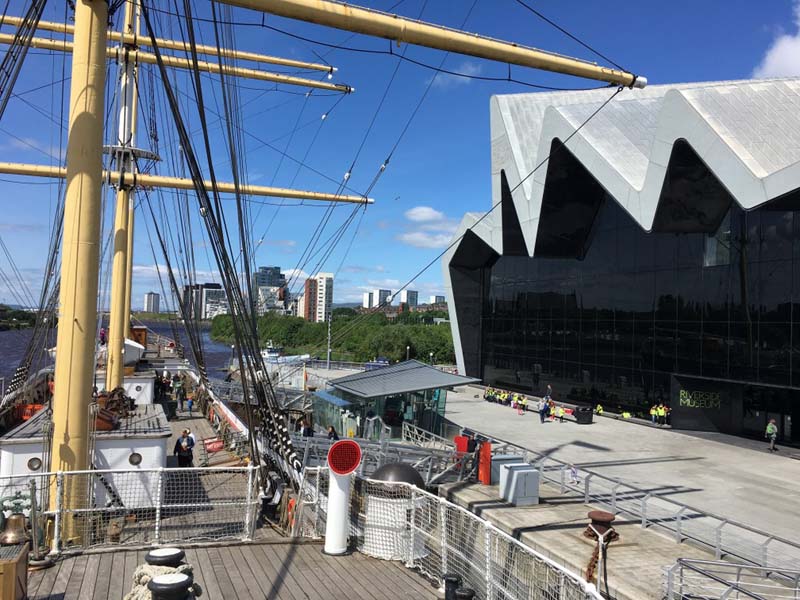
Zaha Hadid, Riverside Museum, Glasgow, Scotland, 2007-2010. Across from the museum is the Tall Ship Glenlee, built in 1896 and restored by the Clyde Maritime Trust beginning in 1993. Photograph by Mesut Dinler.
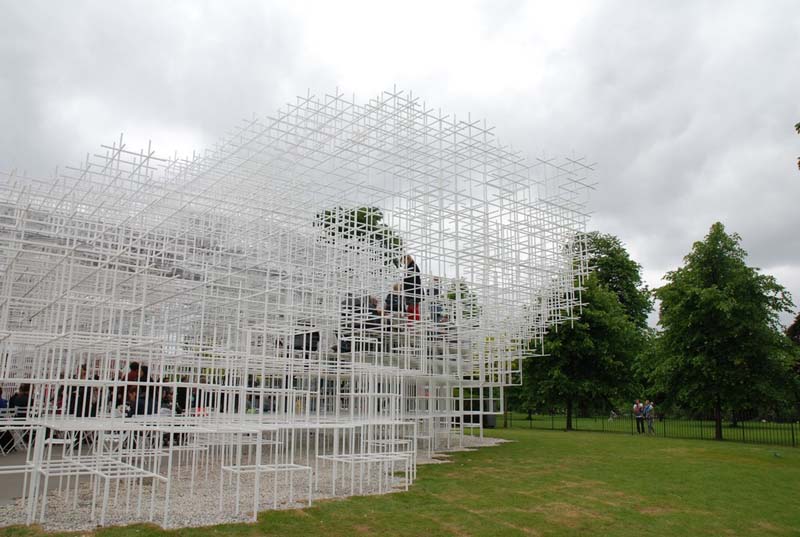
Fujimoto Sou, Cloud Pavilion, Serpentine Galleries, Kensington Gardens, London, England, 2013. Photograph by Erin McKellar, 2013.

Welsh Folk Museum (St. Fagans National Museum of History), Cardiff, Wales. The open-air museum was founded in 1948; this timber framed farmhouse from Llangadfan, Powys which dates to 1678 was moved to the museum in 1951. Photograph by Dell Upton, 1982.
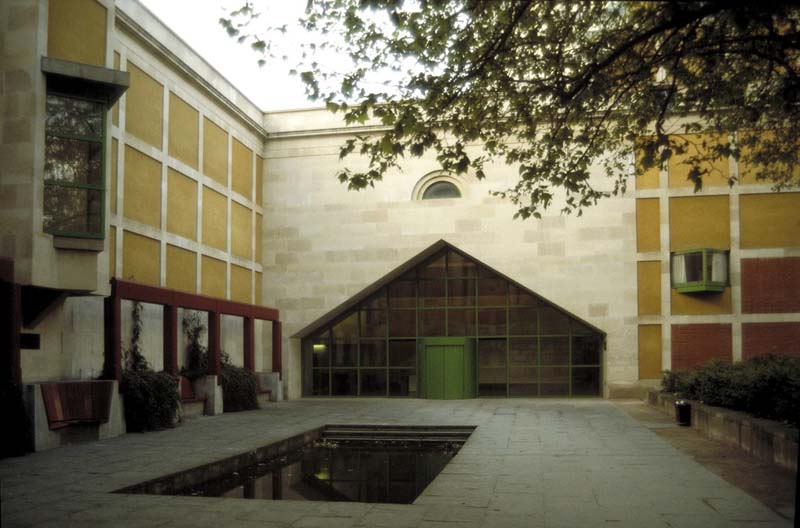
James Frazer Stirling, Tate Britain, London, England, 1982-86. View of the Clore Gallery entrance and reflecting pool. Photograph by Allan Kohl, 1991.
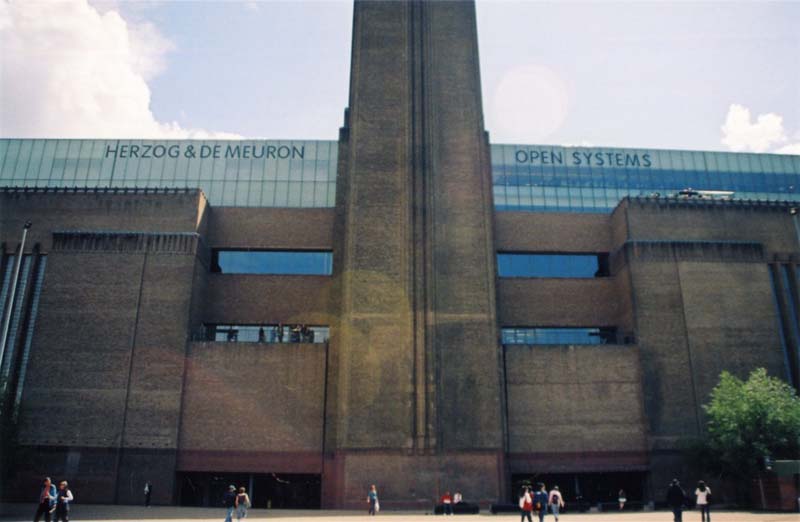
Giles Gilbert Scott (original structure), Herzog & de Meuron (renovation), Tate Modern, London, England, 1947–53, 1994–2000. The Bankside Power Station was transformed into the Tate Modern, incorporating the Turbine Hall in the façade and main entrance. Photograph by Nathaniel Walker, 2005.
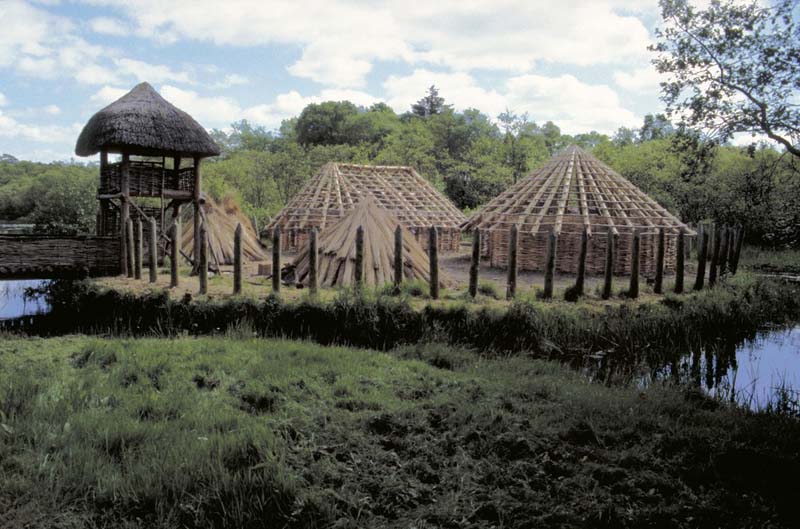
Craggaunowen Prehistoric Park, Kilmurry, County Clare, Ireland. This open-air museum was established in 1965, and contains Bronze Age reconstructions such as these buildings on a man-made island, surrounded by a moat. Photograph by Allan Kohl, 2000.
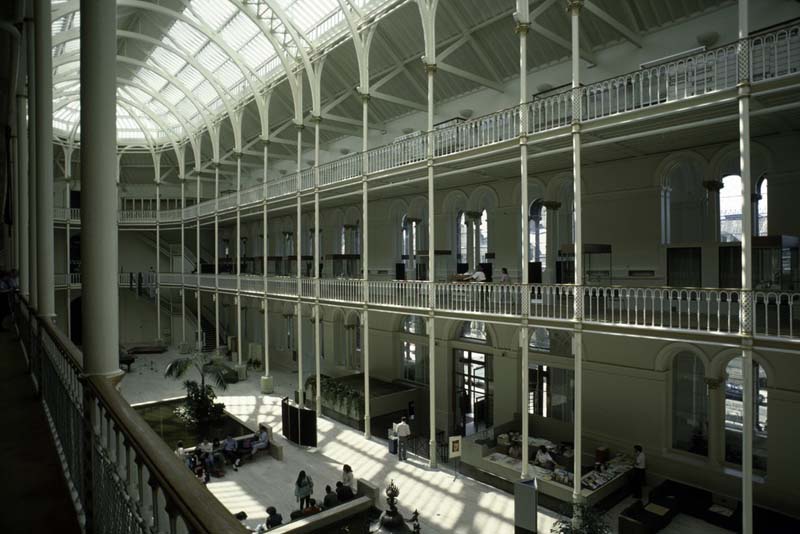
Francis Fowke, National Museum of Scotland, Edinburgh, Scotland, 1861–62; 1885–89. View of the cast iron columns in the Grand Gallery. Photograph by Richard W. Longstreth.
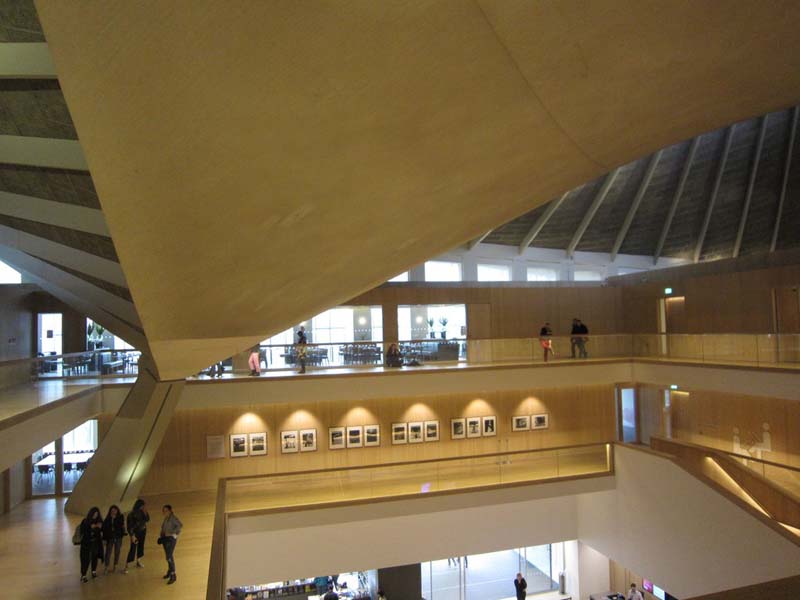
Robert Matthew Johnson Marshall Partners (RMJM), the Commonwealth Institute, London, 1962; now the Design Museum, redesigned by John Pawson, which opened in 2016. Photograph by Mark Hinchman, 2017.
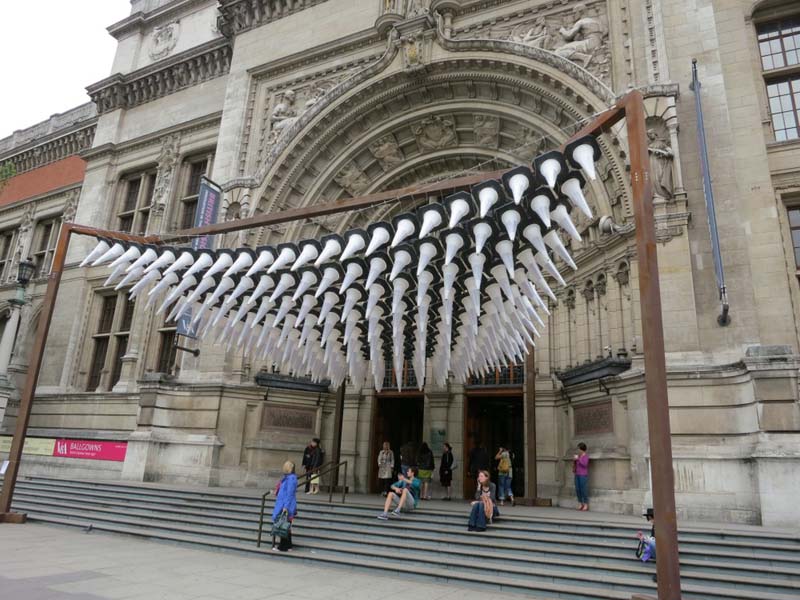
Heatherwick Studio, installation for “Heatherwick Studio: Designing the Extraordinary” at entrance of Victoria and Albert Museum, London, England, 2012. Photograph by Peter Sealy, 2012.